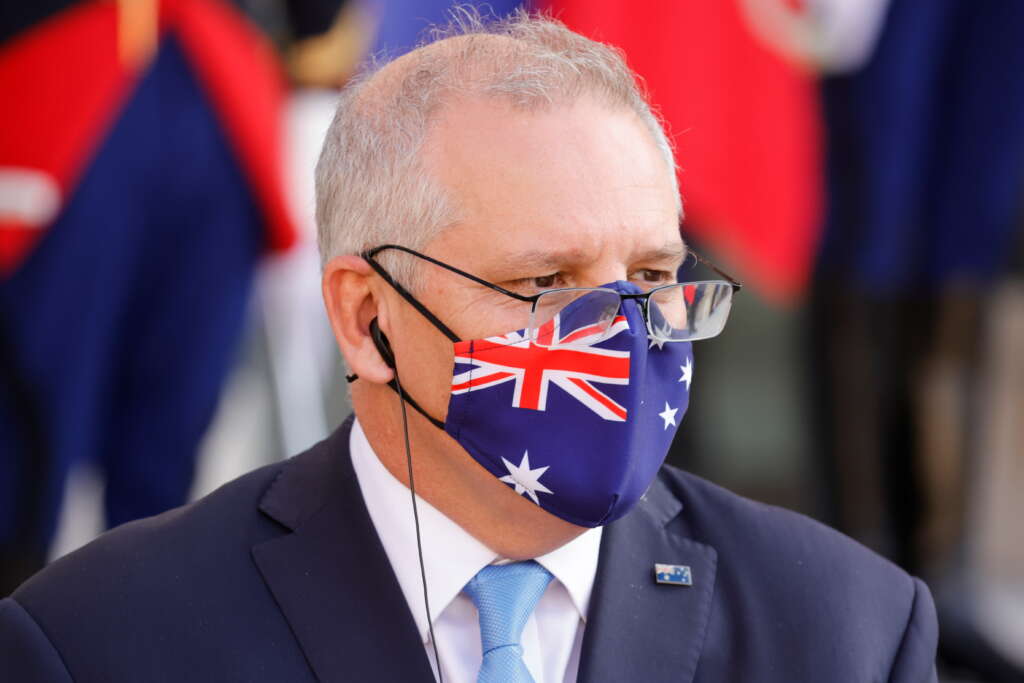
By Colin Packham
CANBERRA (Reuters) – Australia flew 26 people out of Afghanistan in its first rescue flight, Prime Minister Scott Morrison said on Wednesday, after Australian troops arrived to help with the evacuation from Kabul airport that has been secured by U.S. and British colleagues.
Australia said on Monday it would send 250 military personnel to Kabul to evacuate it citizens and an unspecified number of Afghans who had been given visas after working for Australia.
Taliban fighters seized Kabul on the weekend after a lightning offensive across the country as U.S.-led Western forces have been withdrawing under a deal that included a Taliban promise not to attack them as they leave.
U.S. forces running the airport had to stop flights on Monday after thousands of frightened Afghans swamped the facility looking for a flight out. The situation was under control on Tuesday and flights resumed.
The first Australian rescue flight arrived in Afghanistan late on Tuesday to deploy personnel to facilitate the rescue of citizens and Afghans given visas after working for Australia. It then left Kabul, carrying 26 people, Morrison said.
“This was the first of what will be many flights, subject to and weather and we do note that over the back end of this week, there is some not too favourable weather forecast,” Morrison told reporters in Canberra.
The flight was able to depart after security around the airport in Kabul has improved with the presence of British and U.S. troops, he said.
Morrison is under pressure to expedite the rescue of its citizens and Afghans who worked for Australia during its two-decade long involvement in Afghanistan.
Morrison warned on Tuesday, however, Australia was unlikely to be able to help all of those who had assisted them. [L4N2PO1DB]
Australia was part of a NATO-led international force that battled the Taliban and trained Afghan security forces in the years after the militants were ousted in 2001.
More than 39,000 Australian military personnel served in Afghanistan and 41 of them were killed there.
(Reporting by Colin Packham; Editing by Robert Birsel)


